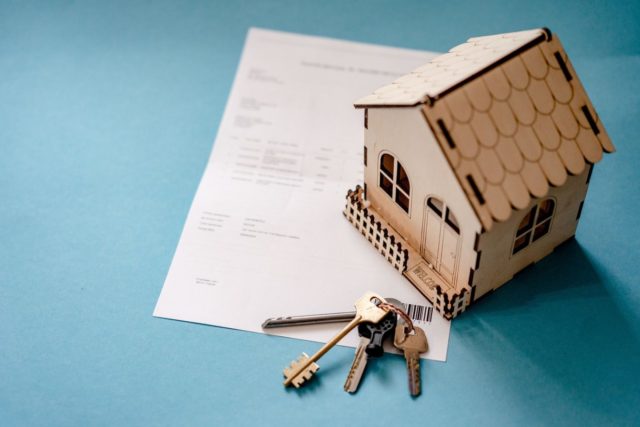Owning a home is a dream that almost every other person has. If you understand the benefits of owning a home or maybe feel that it is the right time for you to see your dream come true, you can start conducting a home search.
Conducting a home search comes with a mortgage application process for a bigger percentage of home buyers. Since most people know this, they prepare some of the things that are needed for mortgage applications. This might include saving some money for a downpayment and preparing their credit reports.
However, this is not enough when applying for a mortgage. Even though they are necessary and a must-have, there are a couple of mistakes you need to avoid when applying for a mortgage.
They include;
Not Shopping Around
Did you know that a bigger percentage of people assume that they should only apply for a mortgage with the bank that they use for their savings and current accounts? Well, this is one of the mistakes you need to avoid.
During the mortgage application process, lenders will check your credit history, employment, repayment capacity, and income. The bank you use does not affect the decision of a lender to honor your mortgage application or reject it.
You, therefore, need to compare the current home mortgage rates from different lenders. This is because your mortgage might end up being your biggest expenditure for several years. So, make sure that you get the best deal.
Getting into Unauthorized Overdraft
You need to prove to your lender that you are a good money manager. Even though having an overdraft does not mean that your mortgage loan application will be rejected, an unauthorized overdraft might lead to rejection.
It is important to keep this in mind because, sometimes, you might get into an unauthorized overdraft without knowing. This is because some banks allow their customers to spend above their overdraft limits without any warning.
Almost all lenders will check your bank statements, especially the last six to twelve months’ statements. You, therefore, need to make sure that you have maintained a clean record with your bank before applying for a mortgage.
Not Saving Enough Money
You should start saving when you feel that it is the perfect time to get a house. First-time buyers need at least a 10% deposit of the total value of the home. For those buying a second home, the deposit needed is 20% of the total value of the property.
In addition to the deposit required, you will also need to have some money set aside for things such as surveyor fees, land registry fees, solicitor’s fees, and stamp duty among others.
It is, therefore, important to make sure that you have saved enough money to cover these costs. Your lender will check to see what you have, and if you do not have enough savings, then your mortgage application might be rejected.
Missing a Single Bill Payment
Among the many things you need to avoid when applying for a mortgage, one of them is missing a bill payment. When this happens, you might be issued with an unpaid item or referral fee, something that lenders are very wary about.
At the end of the day, you need to prove to lenders that you are good when it comes to money management. A referral fee is incurred when your bank takes any payment from your bank accounts such as a standing order or a direct debit after missing a bill.
This leads to a negative balance or an unauthorized overdraft. An unpaid item fee, on the other hand, happens when the standing order or the direct debit is not paid, but returned. Both will leave you with charges. Make sure that you avoid such fees.
Changing Jobs
Today, people change jobs as much as they want. Of course, you cannot be forced to remain with the same employer when you have someone else offering better terms and a higher paycheck.
This is something that most banks know, a reason for the relaxation of their rules when it comes to mortgages.
That notwithstanding, most of these lenders want to see that you can maintain a job. You, therefore, need to avoid changing jobs sometime before applying for a mortgage. If you have to, make sure that you have passed the probation period before applying for a mortgage.
Applying for a mortgage is not as easy as most people think. If you are not careful, your application might be rejected due to some of the mistakes discussed above.






